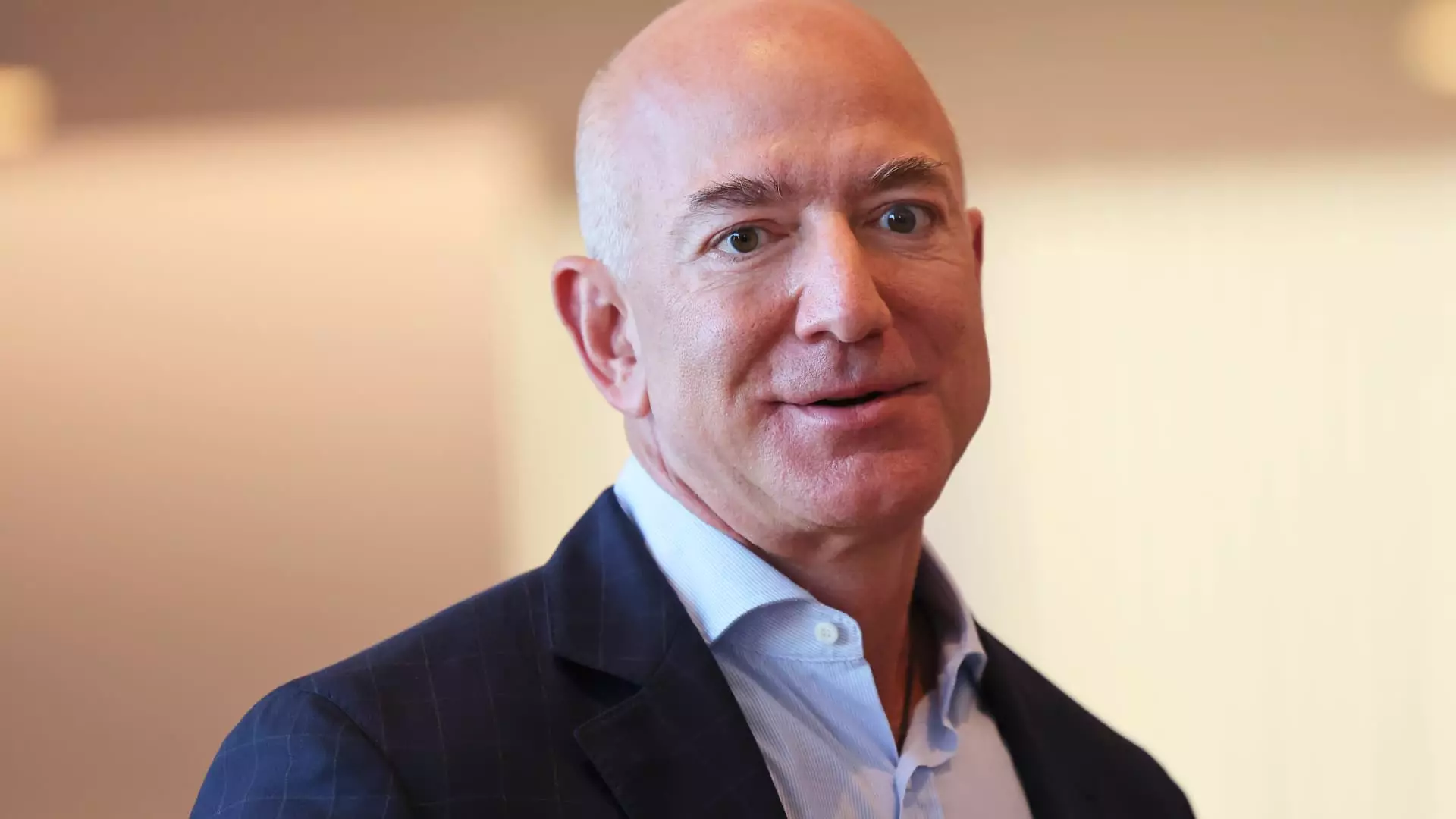In a recent editorial, Jeff Bezos, the owner of The Washington Post, addressed the newspaper’s unprecedented choice to refrain from endorsing candidates in presidential elections, a tradition spanning decades. This pivotal decision, debated swiftly across media platforms, aims to reshape public perception of bias within the news media and restore trust among readers increasingly disillusioned by the press. In a period marked by intense political polarization, Bezos’s reflections invite examination of the broader implications of this shift for the media landscape and journalism’s role in democracy.
Presidential endorsements from prominent newspapers have historically served as influential voices in shaping electoral outcomes. They have been perceived as authoritative, guiding undecided voters in a polarized electoral landscape. Yet, the efficacy of these endorsements has been increasingly questioned. Bezos argues that they hold little sway in altering voter decisions. “No undecided voters in Pennsylvania are going to say, ‘I’m going with Newspaper A’s endorsement,'” he asserts. This viewpoint challenges established conventions about the power of media endorsements, highlighting a critical moment for journalistic entities as they reconsider their role in political engagement.
The recent announcement came against the backdrop of declining trust in media institutions. According to a Gallup poll cited by Bezos, media ranks lowest among various civic and political institutions regarding trustworthiness. This erosion of confidence is troubling for journalism, which requires not only accuracy in reporting but also public belief in that accuracy. The Post’s decision to halt endorsements might be seen as a necessary corrective measure to address issues relating to perceived bias and independence, positioning the outlet as a purveyor of unvarnished news rather than political advocacy.
In his op-ed, Bezos candidly acknowledges the need for this transformation—expressing a wish for earlier execution of the decision. He reflects on the tumultuous emotional climate surrounding elections and emphasizes that the newspaper must evolve to better meet the demands of its audience. His assertion that “something we are doing is clearly not working” points to a deep-seated recognition within the industry that strategies anchored in tradition may no longer resonate with a skeptical public.
The announcement has not come without strife within The Washington Post, highlighted by the resignation of members from the editorial board. These departures signal unrest over the decision and illustrate the contentious dynamics at play when traditional norms are challenged. Despite Bezos insisting the changes stemmed from internal deliberations, varying reports allege his involvement, adding layers to a complex narrative regarding leadership and accountability within the paper.
One of the most intriguing aspects of Bezos’s commentary concerns the alleged connection between the non-endorsement decision and interaction with political figures, particularly in light of a meeting between his Blue Origin CEO and President Trump. Bezos vehemently denies any collusion, stating that timing played a crucial role and emphasizing that no outside influences dictated the newspaper’s new direction. This point is crucial; reinforcing the insistence that freedom from external pressures is vital to reclaiming trust forms the crux of an argument for responsible journalism.
Ultimately, Bezos’s reflections invite a more profound conversation about the media’s future and its responsibilities toward the public. As trust diminishes, media outlets must bridge the gap by reaffirming their commitment to facts, impartiality, and transparency. By taking this bold step, The Washington Post aims to position itself as a standard-bearer for a new age of journalism—one that prioritizes accuracy and unbiased reporting over traditional endorsement models.
This moment presents a pivotal juncture for The Washington Post and the media landscape at large, challenging traditional notions of endorsement and the central tenets of journalistic integrity. Bezos’s articulations underscore the urgent need for media to adapt and embody the trustworthiness demanded by an increasingly discerning public. Whether these intentions translate into a durable reconstruction of trust remains an open question, but the initial steps taken signal recognition of discontent and a willingness to evolve. The challenge lies ahead for all news organizations: to navigate this complex terrain and reclaim their vital role in democratic society.


Leave a Reply